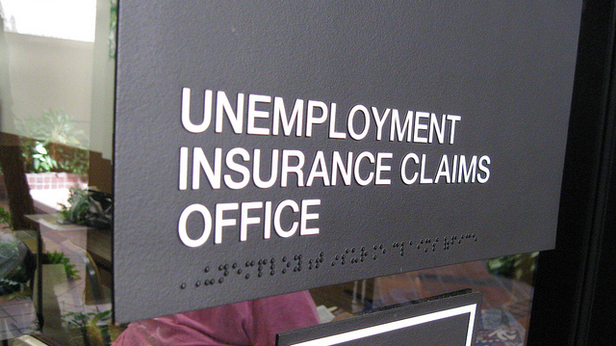
Bill Author Hopes to Improve on Gov. Walker’s Budget Proposal
MacIver News Service | May 5, 2015
[Madison, Wisc…] Two new bills introduced in the state Assembly would require drug testing for some individuals receiving public benefits like food stamps and unemployment insurance.Rep. Mike Rohrkaste (R-Neenah) authored the bills – AB 191 and AB 192 – with the hope of expanding and improving upon a similar plan in Gov. Scott Walker’s budget proposal. However, it is not yet known whether the final bill will be a part of the budget or voted on as separate legislation.
“Both of the bills are really designed to just help enable people to be better prepared to look for work,” Rohrkaste said in an interview with the MacIver News Service (MNS).
The bills would make recipients of FoodShare benefits and unemployment insurance subject to the drug tests. However, the bills would not implement across-the-board testing. That type of plan, which was implemented in Florida, has been the subject of criticism from opponents because of the high costs associated with it.
According to Dane County Executive Joe Parisi, the governor’s plan would cost the county $2 million over two years – an amount that has not been verified by MNS. Parisi threatened to file a lawsuit over the plan and called it a “colossal waste of money.”
But, Rohrkaste’s bills would implement a screening process to only drug test individuals where there is suspicion or reasonable cause. This would drastically reduce the costs and make the law more likely to be upheld in court.
While critics accuse Rohrkaste and Walker of being punitive with these measures, both say that is not the case.
“These bills are really to ensure that they can pass a drug screening when they get to that point of an interview, an offer and then get to that pre-employment screening,” Rohrkast told MNS. “I just want them to be able to pass that so they can actually get the job.”
The Neenah representative has 30 years of experience as a human resources professional, and he said that passing a drug test is sometimes a tough barrier for applicants to get by – even if the company wants to hire them. According to Rohrkaste, these bills would make it easier for individuals to find a job.
It would also make it easier for individuals with substance abuse problems to find the help they need. Each bill provides $500,000 for treatment to help individuals that fail a drug test.
“There are numerous instances where that still occurs where people will not be able to pass a drug test or they might even decline to interview with a company or not go for a job because they know the company drug tests,” said Rohrkaste. “This is really a program that is designed to hopefully address that before they get out into their job search, and if they have an issue, there is funding provided to get them into substance treatment programs.”
The bills are expected to be voted on by the Assembly Committee on Public Benefit Reform this Wednesday.